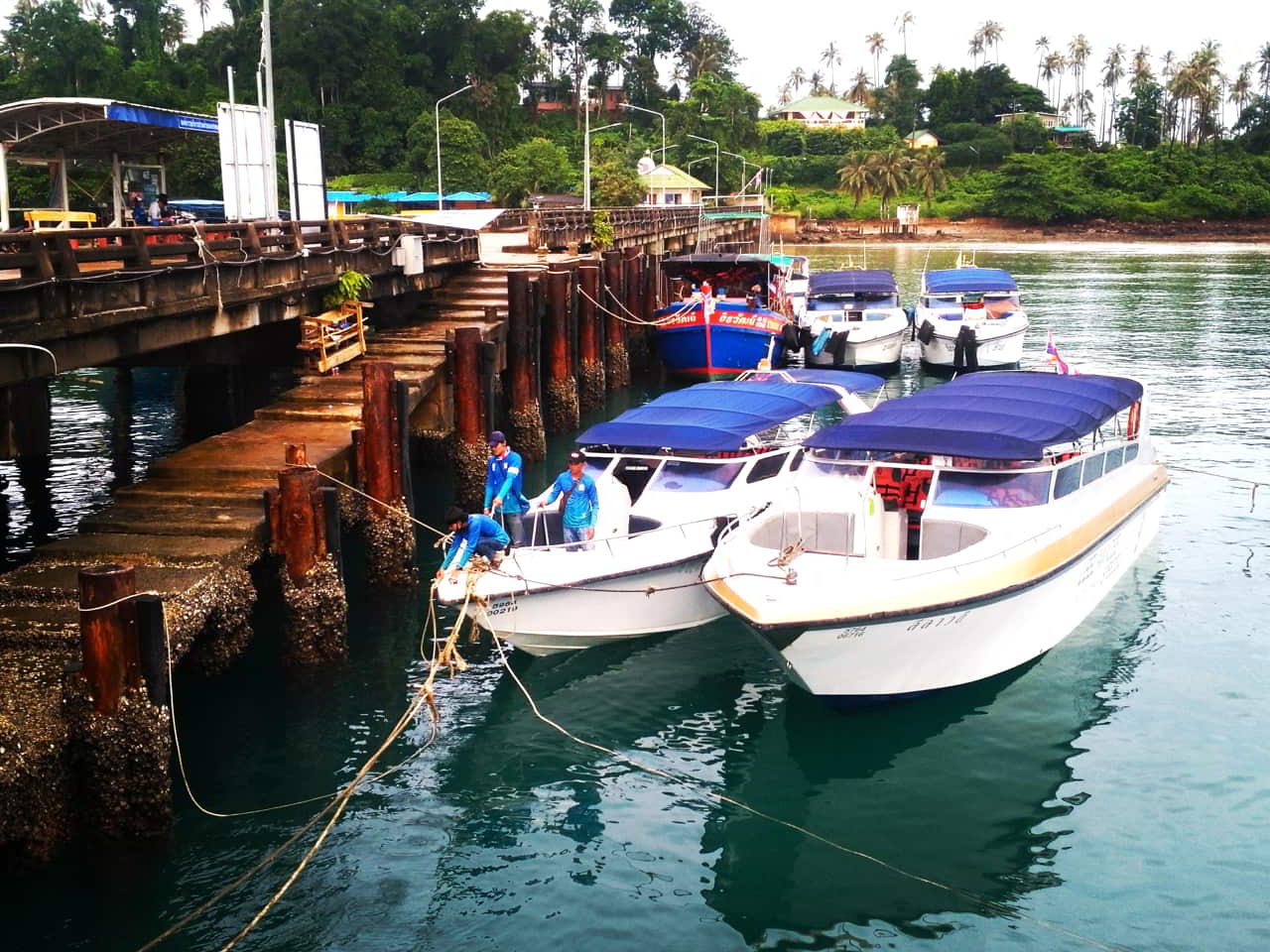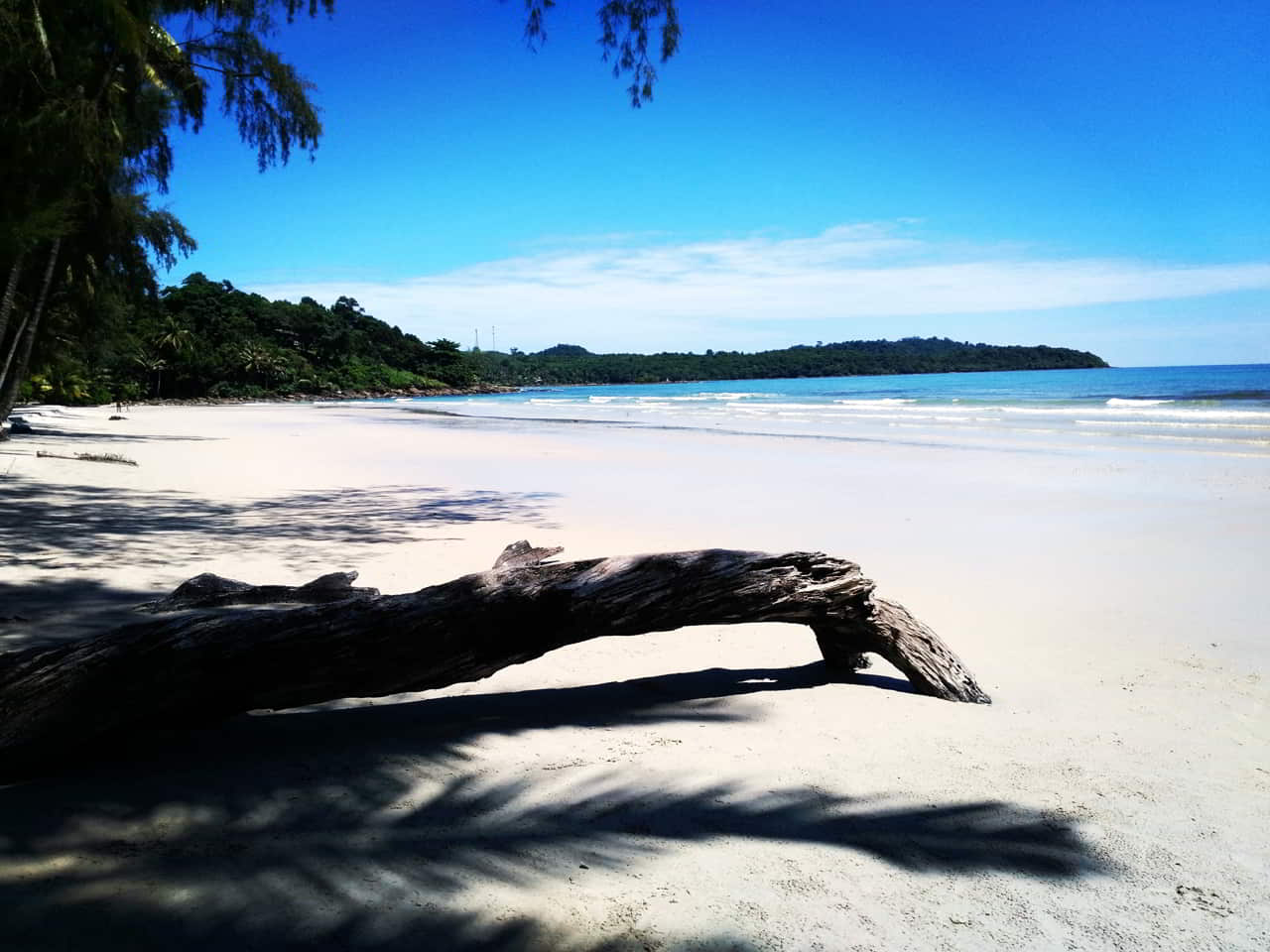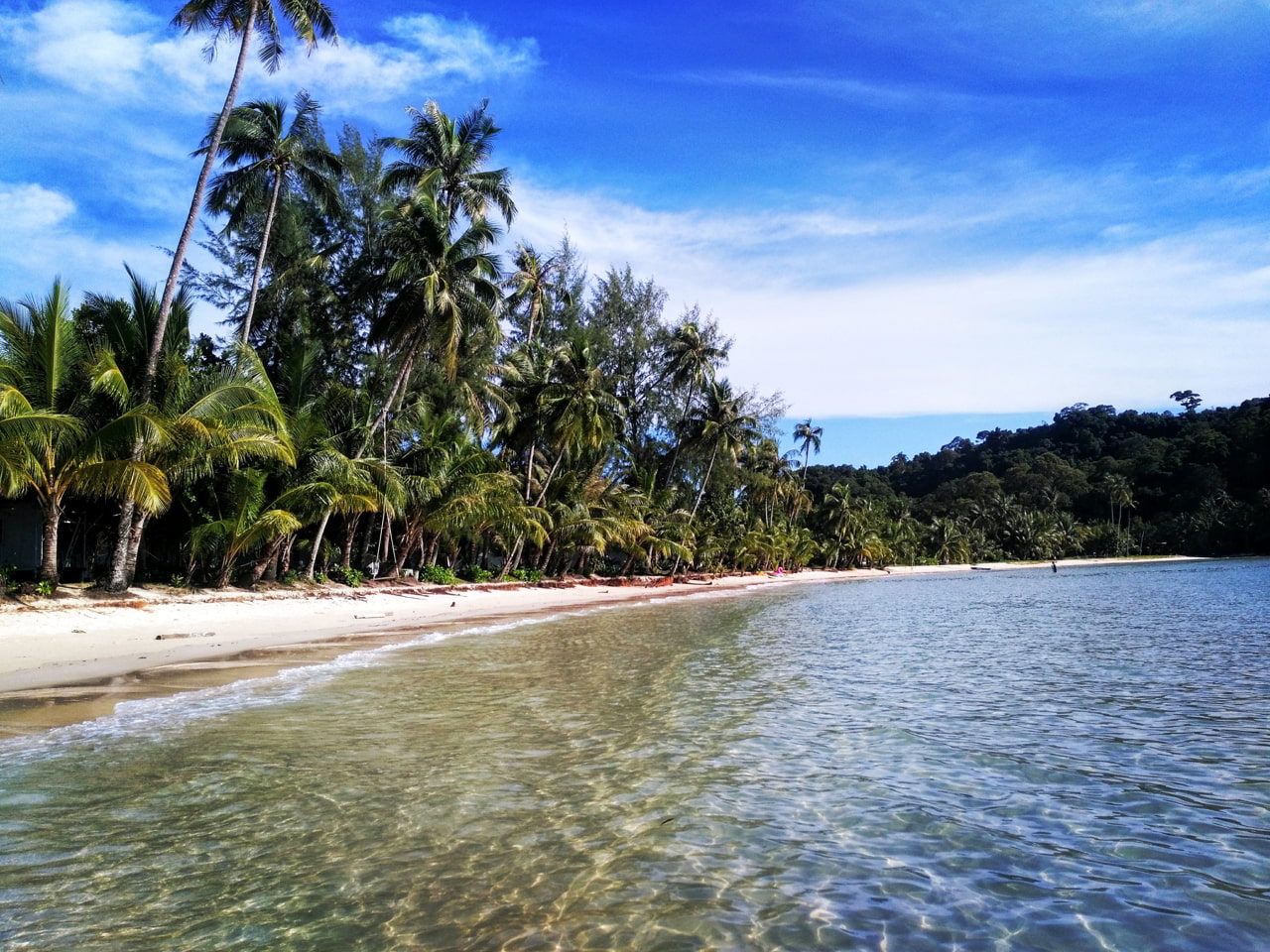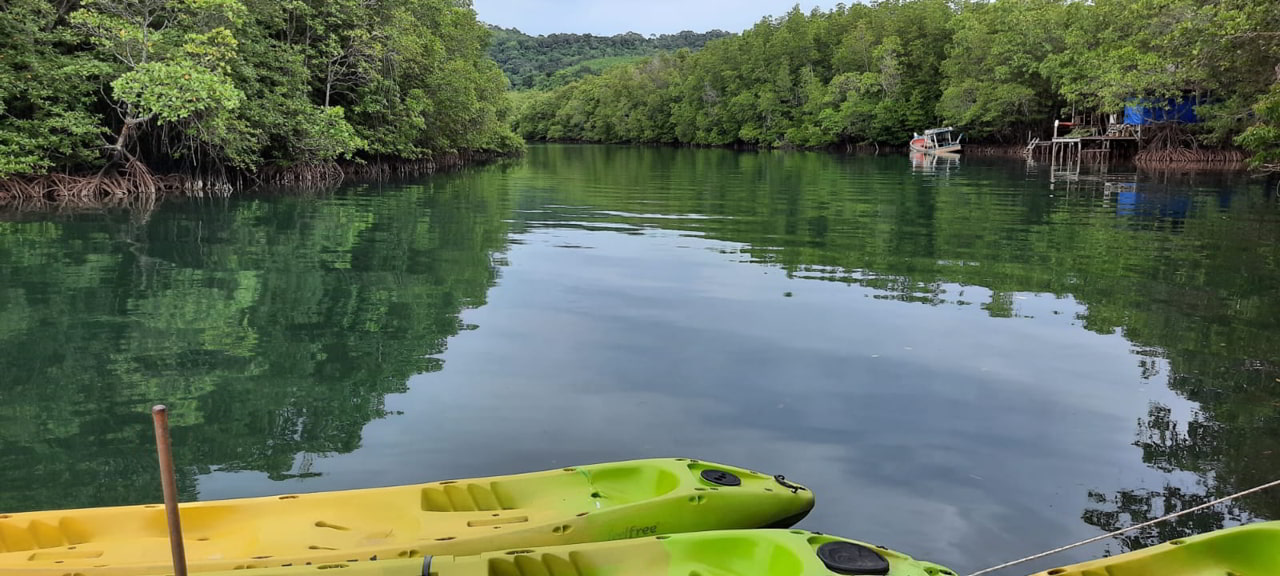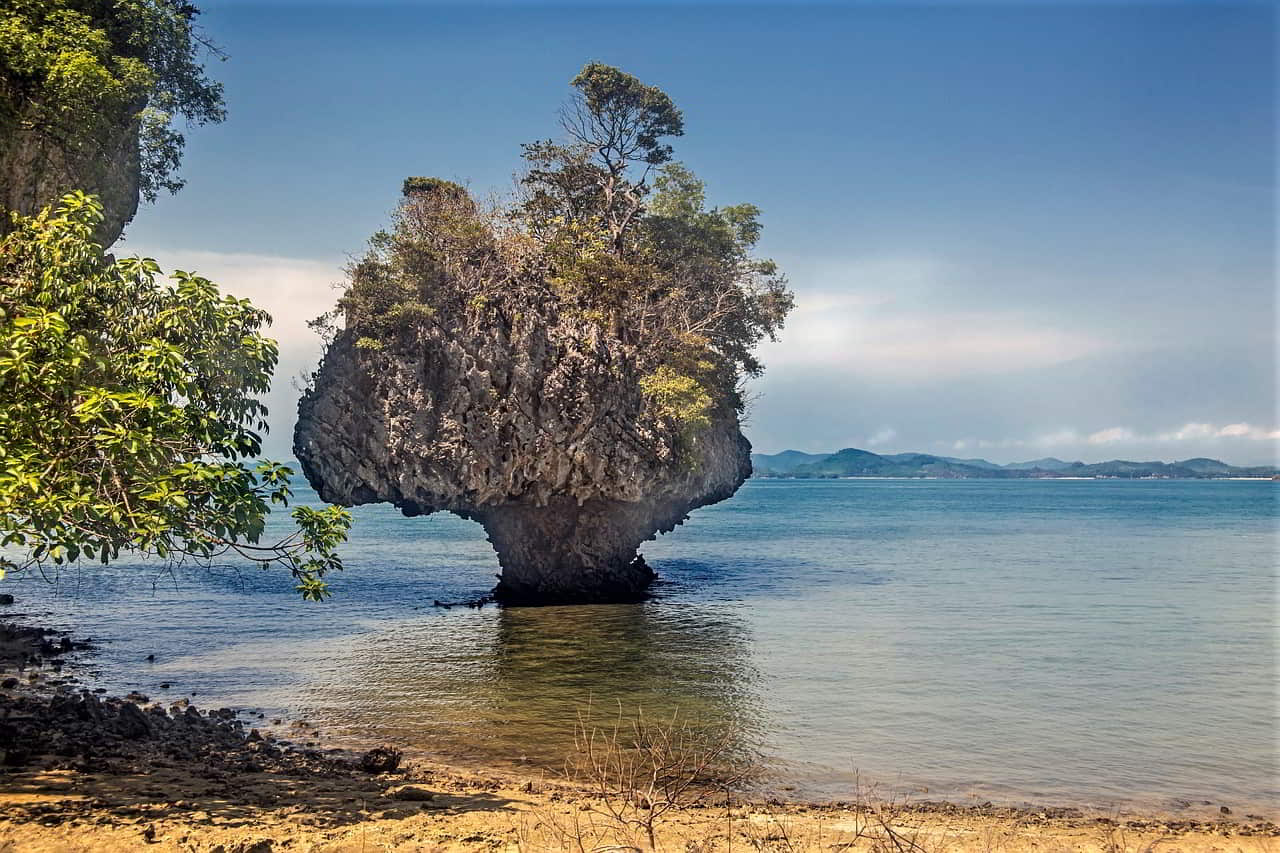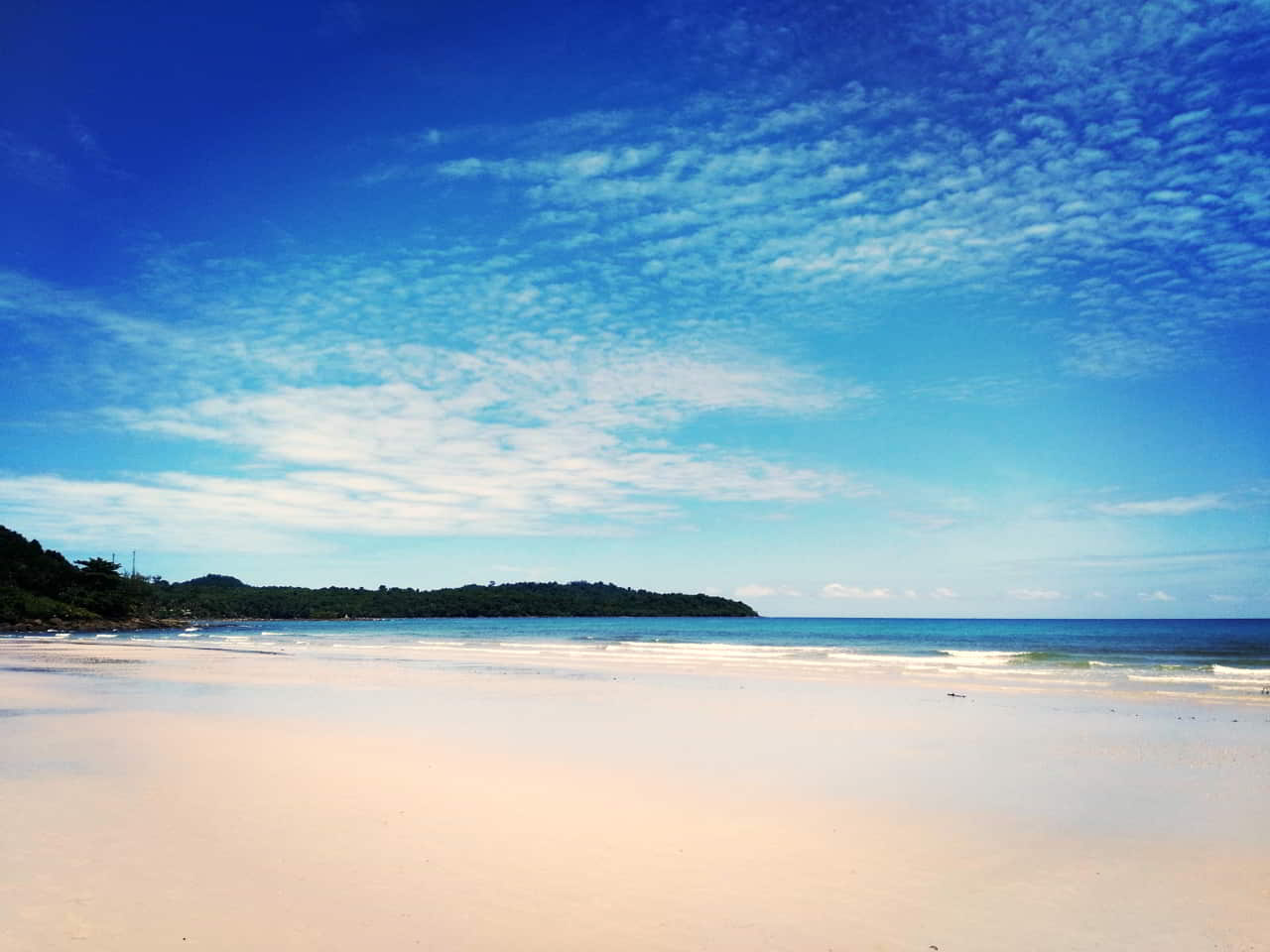Koh Kood: Practical and Useful Travel Guide
Located in the Gulf of Thailand, Koh Kood is one of the most pristine tropical gems in the country, offering an ideal escape. Dive into our complete guide for an unforgettable journey.
Koh Kood: A Preserved and Untouched Island Paradise
Koh Kood at a Glance
- Thai Name: เกาะกูด
- Distance from Bangkok: Around 320 km east of Bangkok.
- Population: About 2,000 residents.
- Province: Trat
- Sea: Gulf of Thailand
- Main Activities: Tourism, fishing, and agriculture.
- High Season: November to April.
- Recommended Stay: 3 to 4 days.
- Highlights: Beaches, peaceful ambiance, and idyllic setting.
Koh Kood or Koh Kut: Discover the Island with Two Names
Koh Kood’s name is often spelled differently due to variations in transliterating Thai into Latin script. As Thai is a tonal language with a unique script, converting its name can lead to multiple versions, including Koh Kut, Koh Koot, Koh Kud, or even Koh Kod. These variations may stem from differing transcription systems, personal preferences, or imperfect translations.
Quick Tip:
Be flexible with Koh Kood’s spelling when searching for information or booking trips.
How to Get to Koh Kood: Transport Options and Tips
Getting Around Koh Kood: Practical Tips for Travelers
Koh Kood is a serene island with minimal traffic, making it a pleasant place to explore at your own pace.
Ways to get around include:
- Renting a Scooter: Easy and affordable (200-400 THB/day depending on the model). Scooters are available for rent at hotels, some cafes, and rental shops.
Driving on Koh Kood is simple, but caution is advised. Wearing a helmet is highly recommended, and an international driver’s license is preferable for rentals.
Renting a Bicycle: Eco-friendly and convenient, though some areas have steep inclines. Bikes are also available at hotels and rental shops.
Songthaews or Shared Taxis: You can either share a ride on their fixed routes or privatize them for custom trips. Always agree on the price beforehand.
Shuttle Services: These are often operated by resorts or hotels, transporting guests to piers or popular spots.
Walking: Ideal for short distances, walking is economical, eco-friendly, and great for your health!
Best Time to Visit Koh Kood: Weather and Travel Tips
The ideal time to visit Koh Kood is during the high season, from December to April. This period offers dry and pleasant weather, perfect for sunny days and swimming in crystal-clear waters. Water activities like snorkeling and kayaking are also ideal.
For a quieter experience, consider visiting in November or late April. However, be prepared for occasional rain and rough seas.
During the low season (April to November), boat services to the island are limited due to fewer tourists.
Where to Stay in Koh Kood: Best Hotels and Accommodations
Top Activities and Things to Do in Koh Kood
Koh Kood offers a variety of activities, including exploring stunning beaches like Ao Tapao, Ao Noi, and Klong Chao. Snorkeling is a must, with vibrant tropical marine life to discover.
For a detailed list, check out our guide to Koh Kood’s top activities:
Koh Kood Essentials
Post Office:
Koh Kood Post Office offers basic services, open on weekdays with unpredictable hours.
ATMs:
Several Thai bank ATMs are available on the island. Foreign card withdrawals incur a fee of around 200 THB.
Healthcare:
Koh Kut Hospital provides basic and emergency care. For serious issues, Trat’s hospital is the alternative.
Mosquitoes on Koh Kood may carry malaria. Visitors should use DEET-based repellents.
Internet & Wi-Fi:
The island has reliable connectivity, with Wi-Fi available in hotels, cafes, and restaurants.
Electricity:
Power is 220V, with types A, B, or C plugs. Bringing an adapter is advisable.
Koh Kood: The Perfect Destination for Sustainable Tourism
While visiting Koh Kood, adopt eco-friendly practices:
- Dispose of waste properly and recycle when possible.
- Protect natural ecosystems by minimizing your impact on marine and terrestrial life.
- Support local sustainable initiatives, such as renewable energy use and reducing plastic waste.
Together, we can help preserve this natural gem of Thailand.



